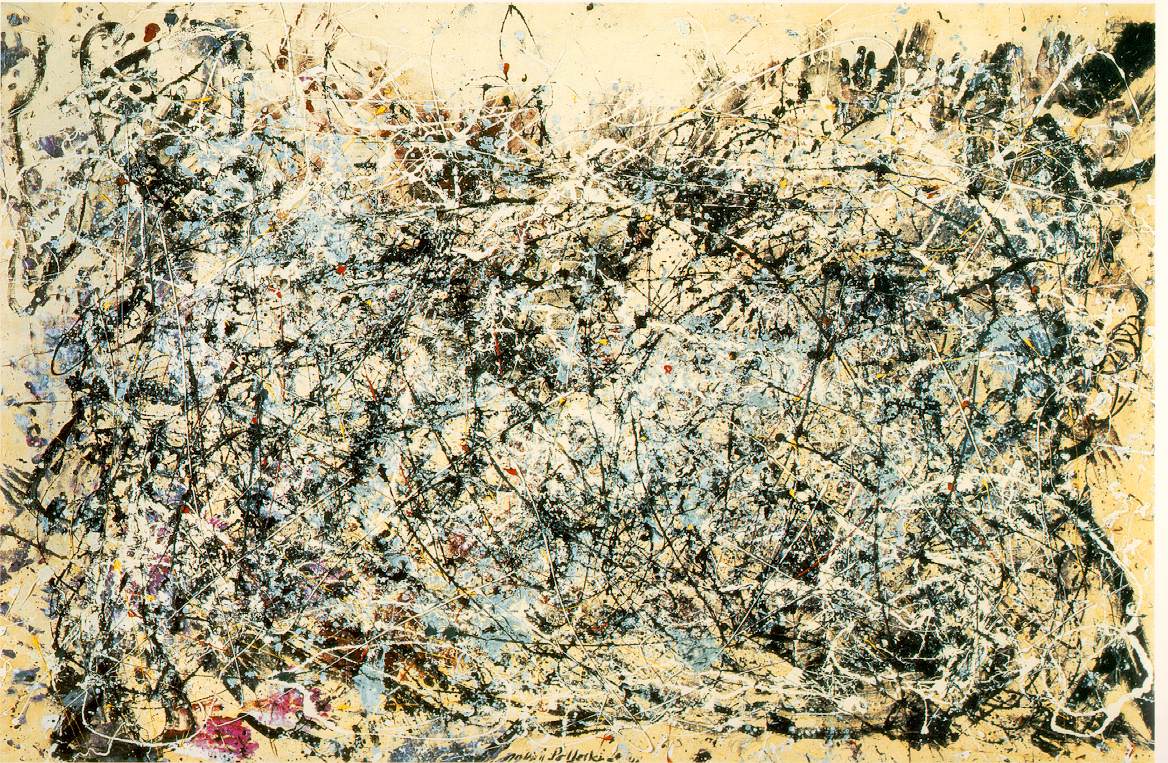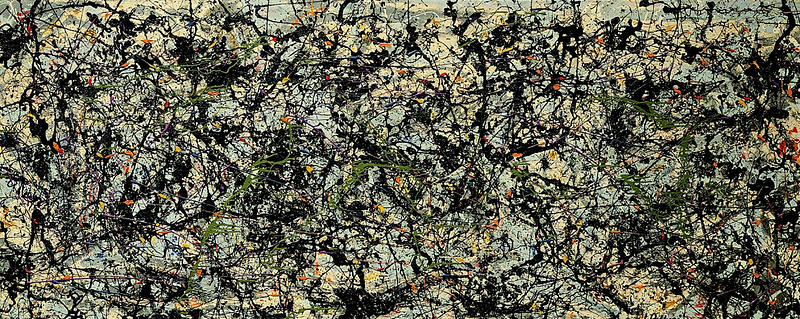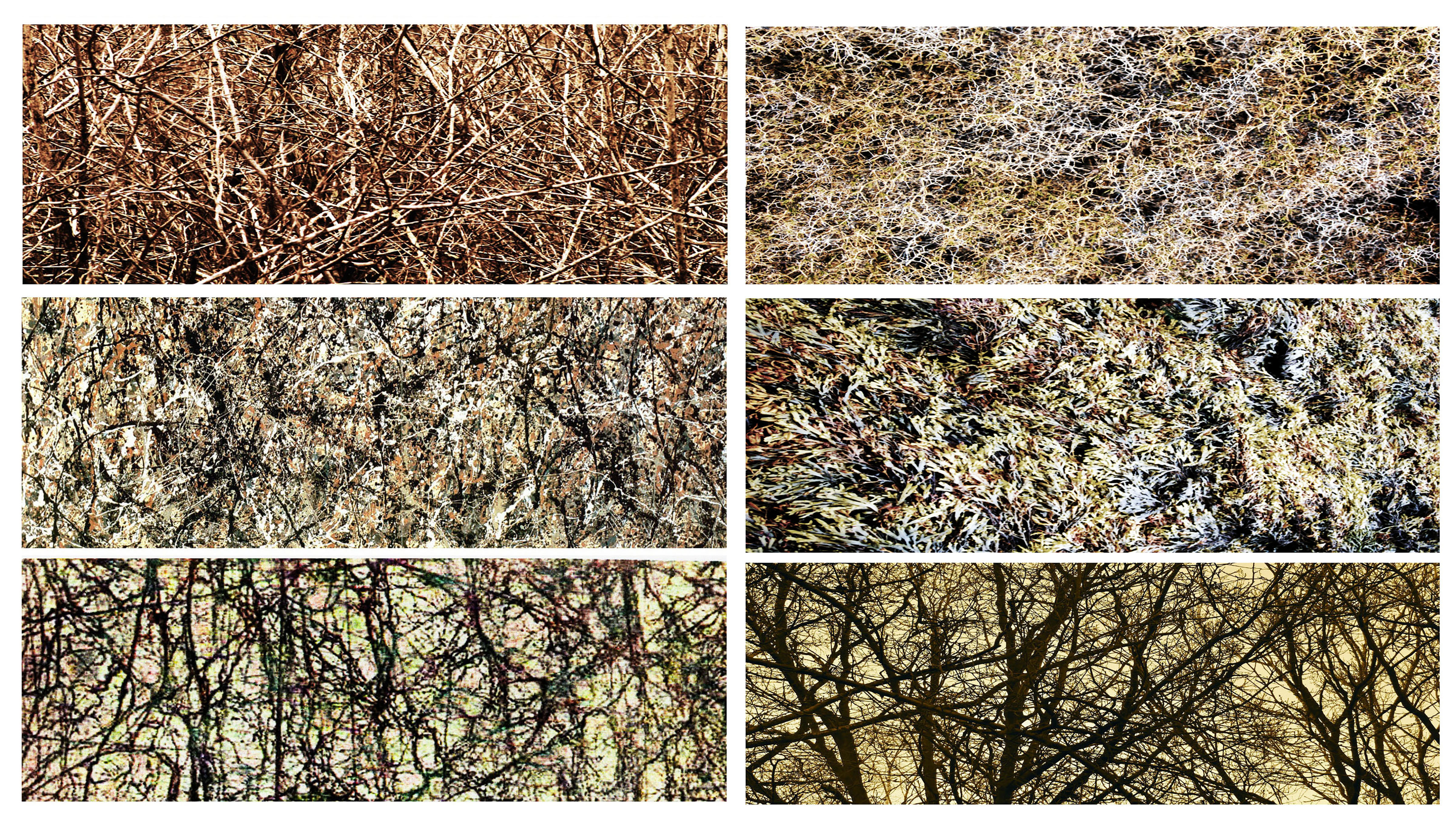Aqua, kjo eshte nje fele e fenomenit, fela e iluminuar, ekziston edhe fela tjeter e erresuar, me pak e njohur, aq me teper ne rastin e Smetanes, i cili eshte pothuaj nje poet kombetar, dhe per nje poet kombetar eshte veshtire te dali fela e erresuar, e megjithate fale çmitizuesve muçnaniste te shitur tek serbi pak nga erresira romantike del ne drite iluministe:
One of Smetana’s best-loved works, his First String Quartet, subtitled “From my
Life” completed in 1876 is of great neurological interest because it
describes in graphic terms the onset of his illness. He thought it as the origin of his
deafness which has cut me off from the enjoyment of the art of music as he wrote. The
quartet is autobiographical and a great example of artistic self-reflection and musical
depiction of a neurological symptom. The last movement expresses the composer’s
joy at his professional success, however, suddenly interrupted by a silence after a
diminished seventh chord. At that point, the three lower instruments play a quiet,
agitated tremolo chord, whereas the first violin plays a harmonic extremely high E (a
high and sustained E), which tries to replicate the whistling sound of the A-flat major
chord that the composer associated with his tinnitus. The quartet never recovers its
optimism from that point on and ends in a resigned, sad fashion; anyway, it is
considered as one of the great string quartets of the 19th century but it is also one of
the great examples of artistic self-reflection and of musical depiction of a neurological
symptom.
A well known composition of Schubert that dates from his last year is the Lied
entitled Doppelgänger which describes the meeting of a man with his
double. Literally meaning the “double-goer”, the idea of a spirit double, an exact but
usually invisible replica of every human or animal is an ancient one and appears in the
tradition, when somebody is about to die. Some biographers interpret the song as
revealing Schubert’s two-sided nature of his personality, additionally pre-announcing
the common fate he shared with the circle of his friends. A letter of 1824 is reflecting
his pessimism: Imagine a man whose health will never be right again, and who in
sheer despair over this ever makes things worse and worse, instead of better… The
song based on a poem of Heinrich Heine seems to represent Schubert’s feelings that
death was approaching him. Similar approach can be traced in the last opera of
Smetana The Devil’s Wall. The hero, the hermit Benes and his devilish counterpart,
Rarach, appear together, indistinguishable from each other, but to the other characters,
either one or the other is invisible.
http://www.urologichistory.museum/content/exhibits/historyforum/AUA2014-Retrospectoscope-Paper.pdf
Sifilizi ka bere kerdine midis artisteve deri ne fillim te shek 20, lista eshte impresionuese, megjithse me siguri jo e plote, sepse kjo semundje mbahej e fshehur per shkak te moralit viktorian  (rastesisht sapo lexova diçka qe nuk e dija: sifilizi shperthen ne Evrope ne epoken e Rilindjes, njekohesisht me Inkuizicionin ahahaaa
(rastesisht sapo lexova diçka qe nuk e dija: sifilizi shperthen ne Evrope ne epoken e Rilindjes, njekohesisht me Inkuizicionin ahahaaa  ). Çmenduria gjithashtu ka bere kerdine, biles me keq, aq sa duket sikur tere veprimtaria artistike e shek. 18 dhe shek. 19 eshte kryer diku midis institucionit te bordellos dhe çmendines.
). Çmenduria gjithashtu ka bere kerdine, biles me keq, aq sa duket sikur tere veprimtaria artistike e shek. 18 dhe shek. 19 eshte kryer diku midis institucionit te bordellos dhe çmendines.
Ky qelbsinllik duhet justifikuar ne nje fare menyre, e prandaj salto mortale e shpjegimit te krijimit nepermjet semundjes mendore, deri aty sa arrihet te hyjnizohet semundja, e akoma me tej te kerkohet si e vetmja menyre fatale per krijim. Kete kerkon te deshmoje Tomas Man, e kete te vertete nuk e luan topi; per çfardo deshmie e sjelle pozitive, mund te gjesh edhe te kunderten. E perseris e verteta qe mbetet pa nevoje deshmie eshte besimi ne mode ka nje shekull: krijimi modern arrihet nepermjet çrregullimit sistematik te ndjenjave. Dhe kjo jo vetem e propoganduar si ideologji, por e vene ne praktike ne menyre metodike, sistematike dhe teknologjike nepermjet perdorimit alkolit, droges, perversionit seksual, kushte mjerane jetese e artistit njekohesisht bohem dhe dandy: jete e çrregulluar pa gjume, pa ngrene, pa pire, ritme pune te shfrenuar, vetmi totale, skandale çfardolloj, bixhoz, plaçkitje trashegimie parashe dhe pronash, braktisje e vendit dhe familjes ne kerkim ekzotik te isola che non cè etj. Kampioni dhe profeti i pare eshte Rembo, pa dyshim poeti me i moth modern, shum i moth, aq i moth sa ishte ngambrapamodern qe para se te ishte modern.
Je dis qu’il faut être voyant, se faire voyant. Le poète se fait voyant par un long, immense et raisonné dérèglement de tous les sens.
I say one must be a seer, make oneself a seer. The poet makes himself a seer by an immense, long, deliberate derangement of all the senses.
Un soir, j’ai assis la Beauté sur mes genoux. - Et je l’ai trouvée amère. - Et je l’ai injuriée.
One evening, I sat Beauty in my lap. — And I found her bitter. — And I cursed her.
Je parvins à faire s’évanouir dans mon esprit toute l’espérance humaine.
I found I could extinguish all human hope from my soul.
Veshtire t’ja gjesh anen tere kesaj meseleje, un e kam gjet keshtu: vari teneqen kritikeve dhe mikroborgjezeve te sallonit te sinjora Bertinit qe e shohin artin dhe artistin si kavje eksperimentale qe i zbavit, nderkohe qe vete tere punet i kane ne rregull ne shtratin e ngrohte te sinjores, e kerko se çfare deshmojne te zotet e punes per vuajtjen e depresionit dhe skizofrenise. Ralle here do gjesh ekzaltimin e semundjes, dhe ne keto raste pak te besueshem, sepse çfar nuk thoni ju artistet!, as Melpomeni Çobani nuk ju beson me.
Provo, boj i dor muhabet me ndonje njeri çfardo qe sapo ka kaluar fresket (se gjerat harrohen) nje krize depresioni, dhe pyete nese e pershkon edhe nje here tjeter per tu bere autori psh i Mona Lizes?
![Bedřich Smetana: Má Vlast Moldau (Vltava) [City of Prague Philharmonic Orchestra]](https://peshkupauje.com/uploads/default/original/3X/9/3/93a357b3bf8754741f5b06a5e4cc3bdfe5faecd3.jpeg)




 ), dhe humbet neper dhomat e subkoshit, here e humb kontaktin me ligjet e shkruara ne ndergjegje, e here e rivendos kontaktin. Keshtu e perfytyroj jeten e njerezve ne zonen gri, jete qe fatkeqesisht deri diku eshte e lexueshme nga fallxhoret.
), dhe humbet neper dhomat e subkoshit, here e humb kontaktin me ligjet e shkruara ne ndergjegje, e here e rivendos kontaktin. Keshtu e perfytyroj jeten e njerezve ne zonen gri, jete qe fatkeqesisht deri diku eshte e lexueshme nga fallxhoret.
